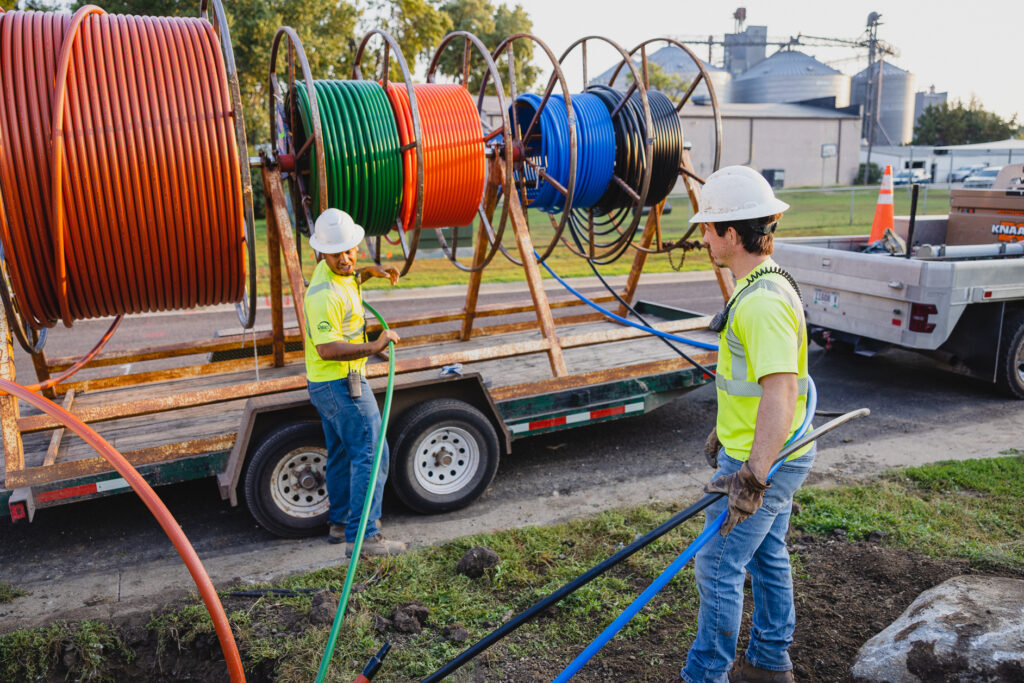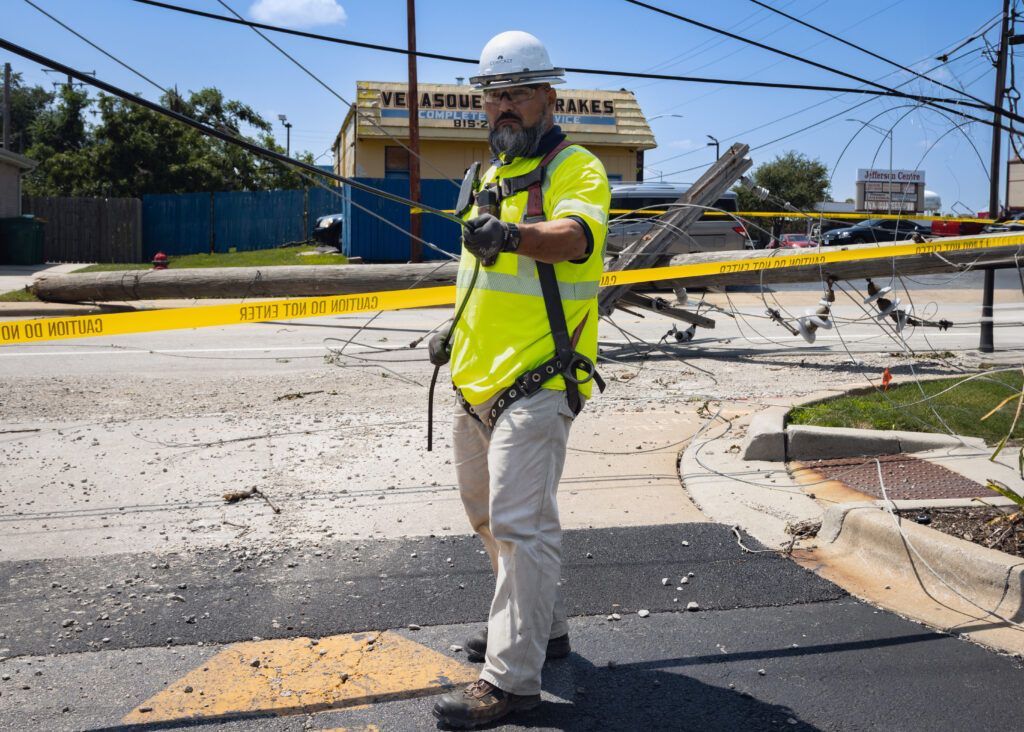America is on a mission to deliver fast and reliable internet service to every corner of the country. While significant progress has been made in recent years, FCC data shows that 7.2 million locations still lack access to high-speed broadband.
Tens of billions of dollars are being distributed to every state to fund the construction of new networks in America’s rural and hard-to-reach regions. Federal and state governments and broadband providers are working together to get the job done.
This makes it even more frustrating that a bare majority of FCC Commissioners are proposing, for no reason other than partisan politics, to impose the most intrusive and overbearing regulatory framework on one of the most dynamic technologies in the history of communications – the internet.
The specious and ever-changing rationalizations asserted by the FCC defy marketplace reality and suggest an agency more committed to expanding its own regulatory power than to supporting the continued growth of a competitive marketplace that is delivering fast, open, and innovative services to more Americans than ever before.
Few industries are of greater economic and political importance than broadband. That was demonstrated during the recent COVID-19 pandemic, in which our nation’s robust broadband networks enabled hundreds of millions of Americans to learn, work, access medical care, and interact with friends and family despite the unprecedented nature of the crisis.
Even the FCC’s NPRM observes that “the COVID-19 pandemic dramatically changed the importance of the Internet today” and confirmed as never before “how essential broadband Internet connections are for consumers’ participation in our society and economy.” There couldn’t be a worse time for the FCC to wield this regulatory sledgehammer.
In comments being filed with the Commission later today, NCTA explains why the FCC’s plan is harmful, unnecessary, and unlawful. Below is a summary of NCTA’s key points and quotes from the filing.
HARMFUL: Treating today’s dynamic internet networks as “Title II” public utilities will slow innovation and investment and jeopardize America’s Internet for All mission by reducing investment and jobs and stifling innovation.
“Broadband’s common-carrier classification resulted in more than $5 billion in forgone investment in 2016 alone,” and such “lower investment led to reduced deployment and slower network improvements” during the years in which ISPs were subjected to Title II regulation.
- Since the FCC restored broadband’s information-service classification in 2018, investment in U.S. broadband networks has surged, with ISPs’ annual capital expenditures reaching a 21-year high of $102.4 billion in 2022.
- These extraordinary levels of investment have led to dramatic increases in speeds, greater consumer choice in providers, and broader availability of cutting-edge services across the United States:
- 90% of homes and businesses have access to internet services with download speeds of at least a gigabit.
- The average download speed increased from 10 Mbps to 250 Mbps between 2011 and 2022.
- Prices have been declining. In one study it was found that the most popular tier of wireline broadband service was, in nominal terms, 37% cheaper (while offering 142% faster speeds) in 2023 than it was in 2015.
- The remarkable resiliency of U.S. broadband services during the COVID-19 pandemic, which saw a significant surge in internet traffic, is a testament to the wisdom of the pro-investment, light-touch framework.
- The FCC’s ill-conceived proposals put all this extraordinary progress at risk.
UNNECESSARY: Title II reclassification is not necessary to promote internet openness or achieve the FCC’s other asserted policy objectives.
“Claims in 2018 that the Commission’s return to its longstanding light-touch approach to broadband would be ‘the end of the Internet as we know it’ and cause sites to load ‘one word at a time’ were implausible back then and have been utterly disproved in the five years since.”
- ISPs face significant competitive pressures, which are increasing over time, and therefore have market-based incentives to not engage in blocking, throttling, or other harmful conduct, and they have made clear public commitments not to do so.
- The internet has remained fully open since the FCC restored light-touch regulation in 2018.
- Title II reclassification is not necessary to achieve the laundry list of other newfound policy objectives, each of which is already adequately addressed by the FCC and/or other federal agencies with the relevant expertise and resources.
UNLAWFUL: The FCC’s proposal to reclassify broadband as a telecommunications service fails legal scrutiny.
“Few public-policy questions bear as much on American economic and civil life as the question whether broadband should be subject to common-carrier regulation.” Accordingly, “if additional safeguards are deemed necessary, it is Congress that should enshrine consensus Open Internet principles into law.”
- Under the Supreme Court’s major questions doctrine, agencies may not resolve policy questions of “vast economic and political significance” without clear authorization from Congress: the public’s elected representatives. In other words, Congress must “speak clearly” before an executive agency purporting to act pursuant to the laws enacted by Congress may “alter large sections of the American economy.”
- Whether broadband should be subject to common-carrier regulation under Title II is a “major question” that Congress has not clearly authorized the Commission to address.
- Two former Obama Administration Solicitors General have opined that the FCC’s continued pursuit of Title II without express congressional authority is an almost certain recipe for reversal.
- The FCC should not waste its time and energy on such destructive, ill-considered policies, when the status quo is bringing consumers clear benefits through faster speeds, growing competition, and lower real prices.









